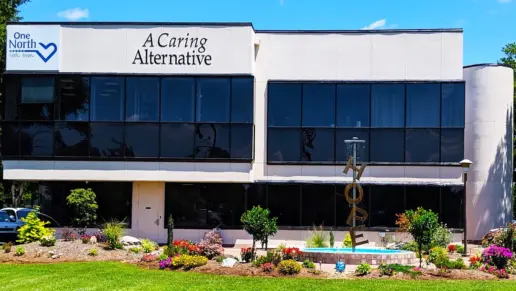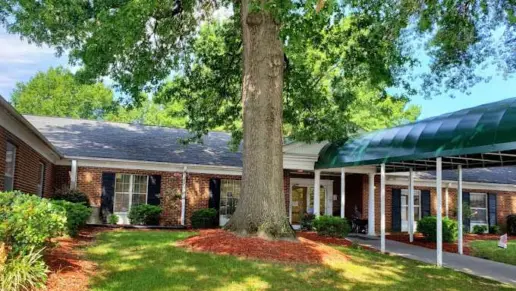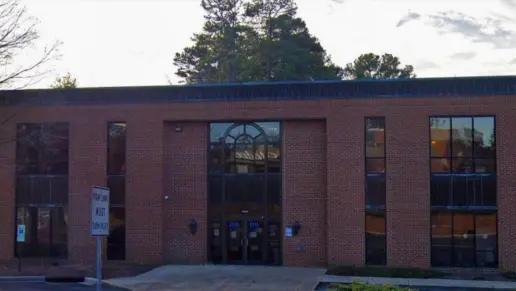Terrible. I had to leave my phone and my wallet because I did AMA due to not liking the place at all. They helped me shove my stuff into a bag and set me free with no phone and no money. I was told by the staff that I had to go and ask to borrow a phone at the next door faci ...
About Freedom Detox & Recovery center
Freedom Detox is a drug rehab in Gastonia, North Carolina. The center specializes in medically managed detoxification, inpatient care, and aftercare support for young adults and adults. Specialized services are available for pregnant and postpartum women.
Freedom Detox administers individualized and customized care in a clinical setting throughout the detox process. Individuals who attend this detox center receive a customized medical plan that can include medication assisted treatment, which can include FDA approved prescriptions such as methadone and buprenorphine, to ease withdrawal pains and reduce cravings. To ensure a comprehensive detox experience, men and women will receive counseling by licensed and registered professionals based on commitment and acceptance therapy in individual and group sessions alongside medications that help with recovery. Patients usually undergo medically assisted detox within five to seven days and are prepared for sober living.
Clients who require additional time may be eligible for inpatient care. The program offers a residential facility in Charlotte, North Carolina, which can include extended counseling, life skills development, and medication management.
Freedom Detox offers aftercare support to help those in addiction recovery maintain a drug and alcohol free lifestyle. This rehab works with clients to create personalized follow up treatment plans that can include 12 Step programs, peer and group support, and community-based rehabilitation.
Freedom Detox is accredited by The Joint Commission and LegitScript certified.
Freedom Detox offers self-pay and financing options. The center is in network with Aetna, Ambetter, BlueCross/BlueShield, Cigna, Magellan, Medcost, Optum, TRICARE, Vaya, and WellFleet. Medicaid is accepted. Please check your coverage as out of network benefits vary.
Rehab Score
Gallery
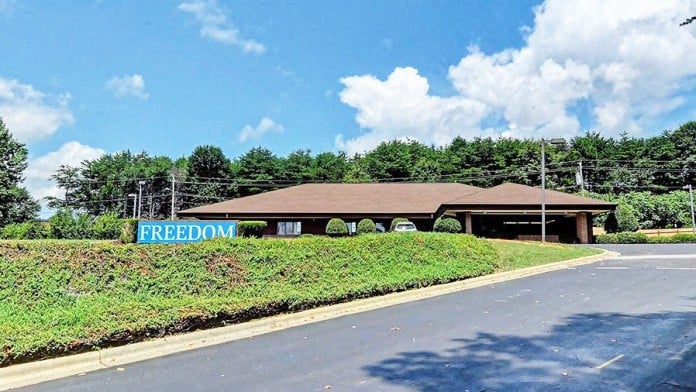
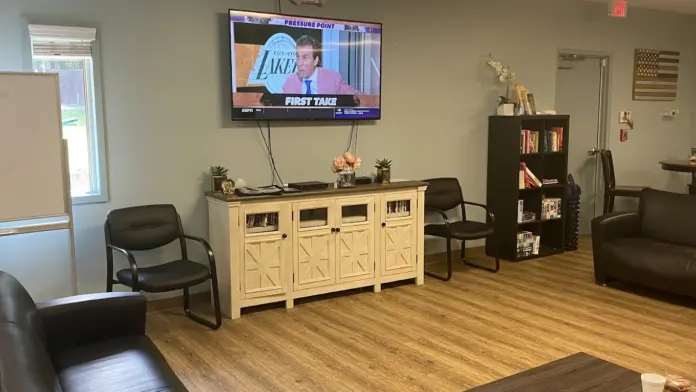
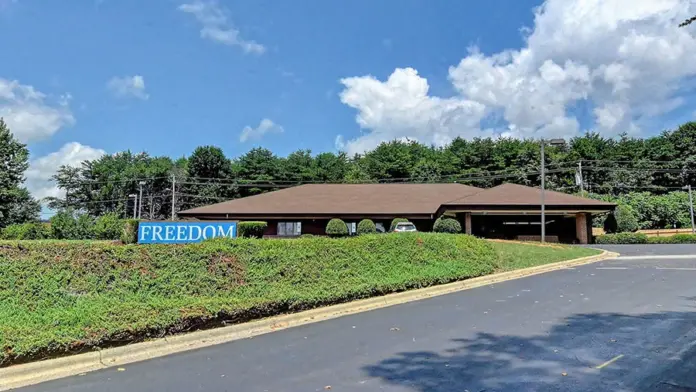
Location
Accepted Insurance
Other Forms of Payment
Private insurance refers to any kind of healthcare coverage that isn't from the state or federal government. This includes individual and family plans offered by an employer or purchased from the Insurance Marketplace. Every plan will have different requirements and out of pocket costs so be sure to get the full details before you start treatment.
Self-pay involves paying for treatment out of your own pocket. You can use savings or credit, get a personal loan, or receive help from family and friends to fund your treatment. If you don't have insurance or your insurance plan doesn't cover a specific program, self-pay can help ensure you still get the care you need.
Military members, veterans, and eligible dependents have access to specific insurance programs that help them get the care they need. TRICARE and VA insurance can help you access low cost or no cost addiction and mental health treatment. Programs that accept military insurance often have targeted treatment focused on the unique challenges military members, veterans, and their families face.
Addiction Treatments
Levels of Care
Treatments
The goal of treatment for alcoholism is abstinence. Those with poor social support, poor motivation, or psychiatric disorders tend to relapse within a few years of treatment. For these people, success is measured by longer periods of abstinence, reduced use of alcohol, better health, and improved social functioning. Recovery and Maintenance are usually based on 12 step programs and AA meetings.
There are many types of drug rehab in North Carolina. To receive treatment for addiction, you can choose from many inpatient and outpatient programs. Often, participants start with detox and work through a full continuum of care that continues with ongoing support for long-term recovery.
Many of those suffering from addiction also suffer from mental or emotional illnesses like schizophrenia, bipolar disorder, depression, or anxiety disorders. Rehab and other substance abuse facilities treating those with a dual diagnosis or co-occurring disorder administer psychiatric treatment to address the person's mental health issue in addition to drug and alcohol rehabilitation.
Opioid rehabs specialize in supporting those recovering from opioid addiction. They treat those suffering from addiction to illegal opioids like heroin, as well as prescription drugs like oxycodone. These centers typically combine both physical as well as mental and emotional support to help stop addiction. Physical support often includes medical detox and subsequent medical support (including medication), and mental support includes in-depth therapy to address the underlying causes of addiction.
Substance rehabs focus on helping individuals recover from substance abuse, including alcohol and drug addiction (both illegal and prescription drugs). They often include the opportunity to engage in both individual as well as group therapy.
Programs


Clinical Services
Clients who receive cognitive behavioral therapy in North Carolina typically attend five to 20 sessions. During this time, they work with their therapist to learn healthier patterns of thinking, which can help them change their behavior related to substance use.
Group therapy is any therapeutic work that happens in a group (not one-on-one). There are a number of different group therapy modalities, including support groups, experiential therapy, psycho-education, and more. Group therapy involves treatment as well as processing interaction between group members.
In individual therapy, a patient meets one-on-one with a trained psychologist or counselor. Therapy is a pivotal part of effective substance abuse treatment, as it often covers root causes of addiction, including challenges faced by the patient in their social, family, and work/school life.
Amenities
-
Residential Setting
-
Private Setting
-
Private Rooms
Staff & Accreditations
Staff
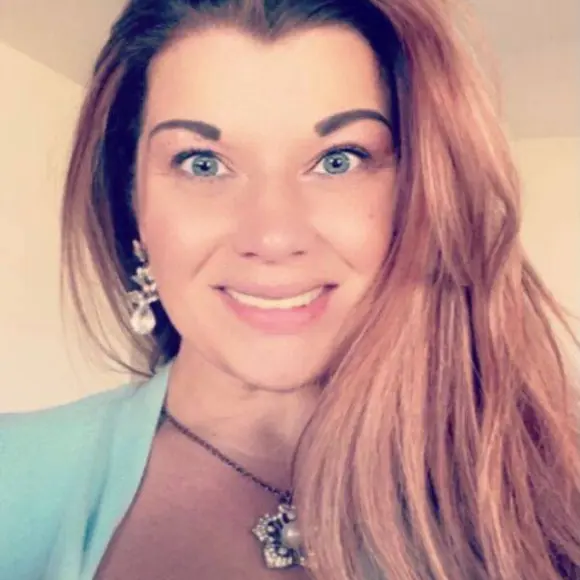
Vice President of Operations
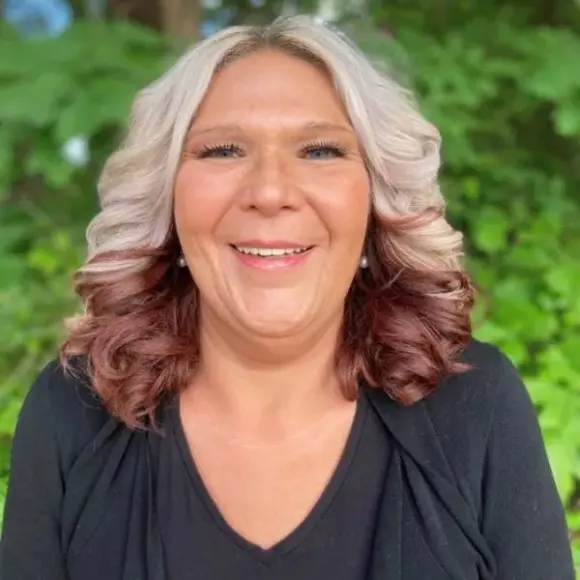
Director of Clinical Services
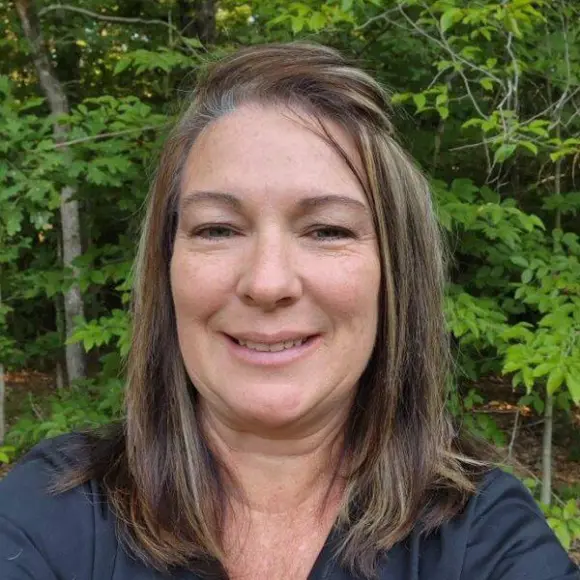
Nurse Manager
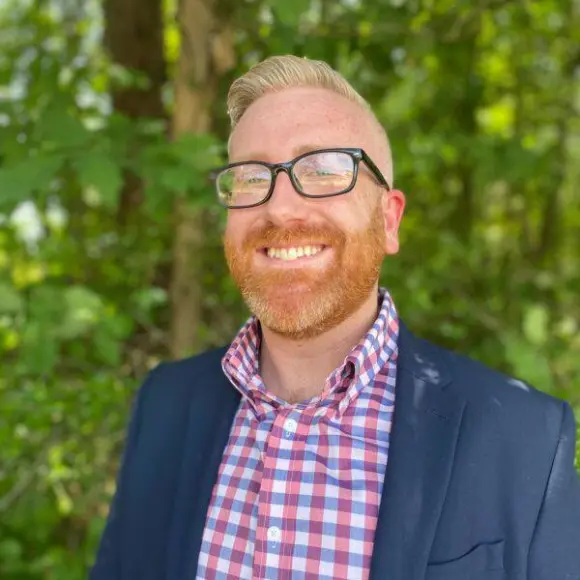
Case Manager Supervisor
Accreditations

The Commission on Accreditation of Rehabilitation Facilities (CARF) is a non-profit organization that specifically accredits rehab organizations. Founded in 1966, CARF's, mission is to help service providers like rehab facilities maintain high standards of care.
CARF Accreditation: Yes

LegitScript has reviewed Freedom Detox & Recovery center as part of their certification program, and has determined that it meets the LegitScript standards for legality, safety and transparency.
LegitScript verified in

State Licenses are permits issued by government agencies that allow rehab organizations to conduct business legally within a certain geographical area. Typically, the kind of program a rehab facility offers, along with its physical location, determines which licenses are required to operate legally.
State License: North Carolina
Contact Information
1089 X Ray Dr
Gastonia, NC 28054







